
Rumble Shorts Is Everywhere Now, and It’s Coming for TikTok
The launch puts a swipeable, short-form feed on every major platform just as TikTok’s year of turbulence has left creators actively looking for somewhere else to go.

The launch puts a swipeable, short-form feed on every major platform just as TikTok’s year of turbulence has left creators actively looking for somewhere else to go.

The man who outlasted a French arrest now faces a Russian prison threat from the country he left behind two decades ago.

Durov’s defiance comes as Moscow tries the same playbook that failed in Iran, only this time with a homegrown WeChat waiting in the wings.

A law meant to block untraceable weapons might instead erase the right to tinker with your own tools.

Cut off from the digital world on the eve of the vote, Ugandans are improvising new ways to stay visible in a nation intent on going dark.
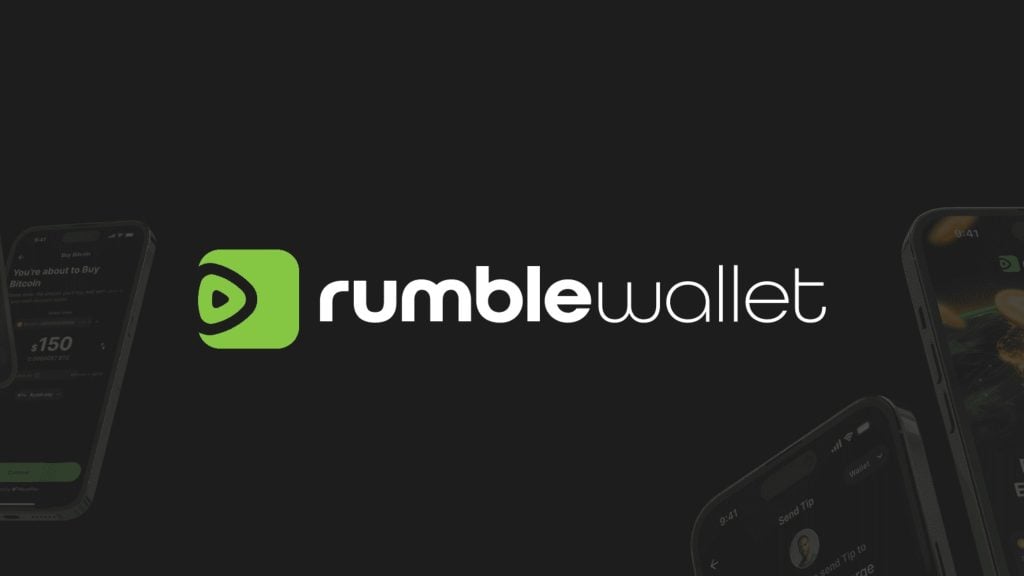
By linking crypto freedom with creator earnings, Rumble turns monetization into an act of digital self-sovereignty.
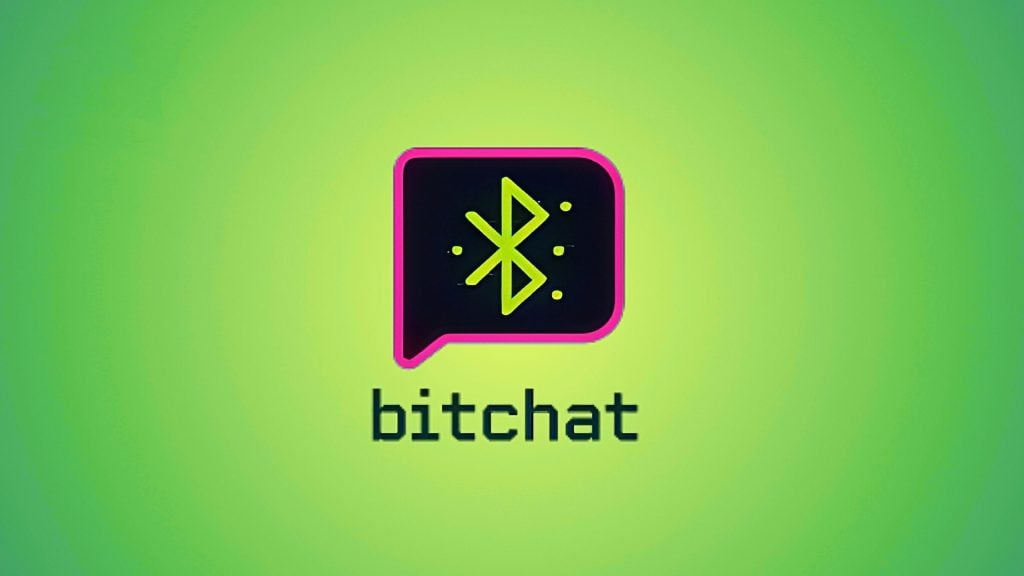
In Uganda, Bluetooth signals are becoming the modern whisper; proof that speech always finds another path.

PublicSquare’s leap into political tech turns its anti-censorship ethos into a bid for control over the campaign economy.

Proton Sheets keeps collaboration features while locking down sensitive data.

A cloud-born office suite finds new life on the desktop, blending open-source simplicity with the comfort of working offline.

The exit marks a rebuke of Europe’s tightening grip on freedom tech.

Durov’s freedom to move contrasts with the lingering case that keeps Europe’s battle over digital free speech alive.

Google’s nod to openness feels more like a gated entrance than a genuine return to Android’s freewheeling past.

Rumble’s Northern Data deal turns its free-speech mission into a full-stack tech play, fusing freedom-based ideology with infrastructure.

The bill treats privacy like a loophole, not a right, reshaping the internet into a government ID checkpoint.
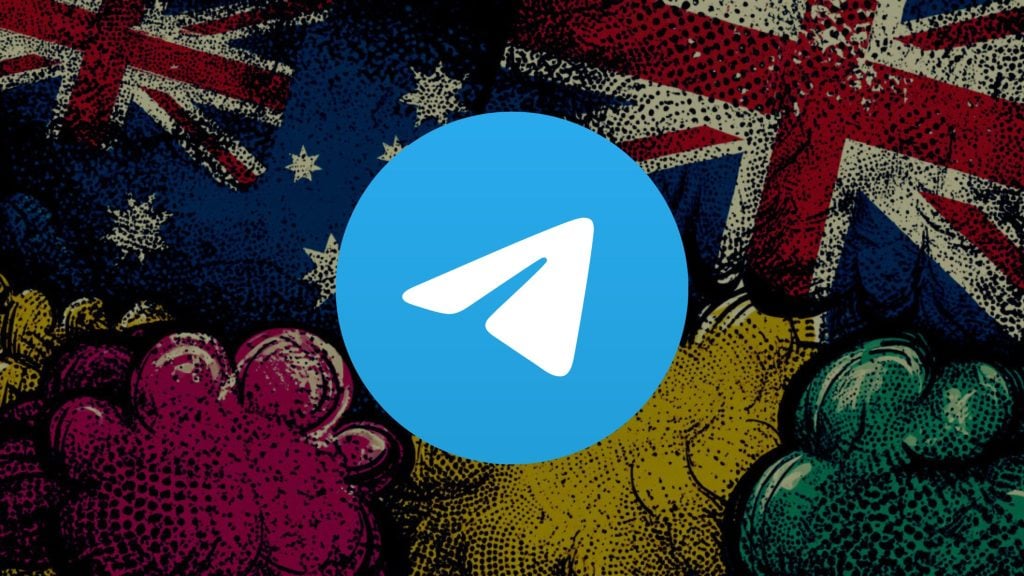
What Canberra framed as compliance, Telegram saw as a summons to a fight over digital borders.

F-Droid warns that Google’s new verification rules could turn Android’s open ecosystem into a gated one controlled by corporate approval.
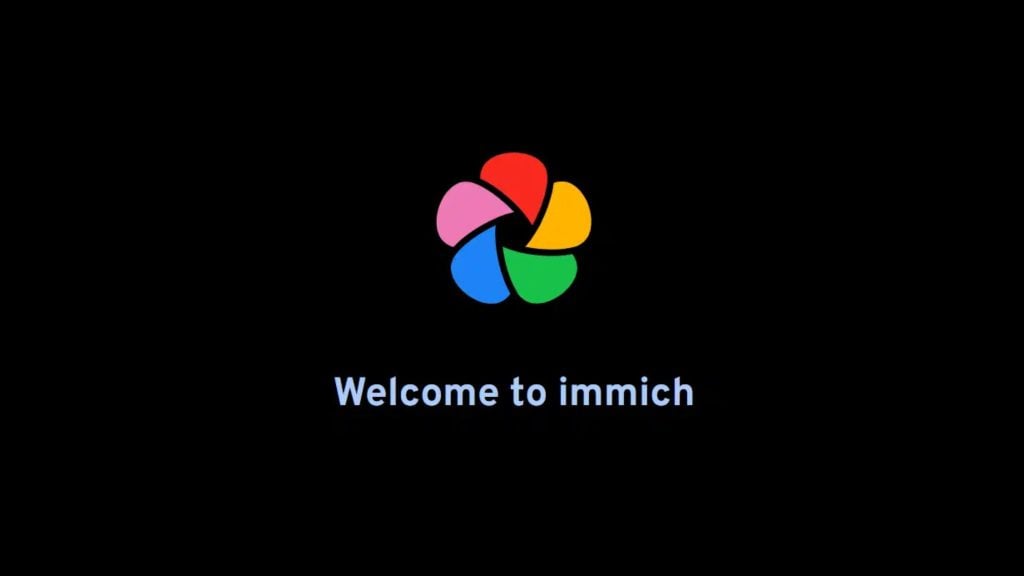
Google’s automated gatekeepers just reminded everyone how fragile digital independence can be when one company guards the web’s front door.

A privacy-first Android is finally stepping outside Google’s hardware shadow.

A birthday lament turns manifesto as Durov warns of a vanishing digital frontier.

Google shrugs off anonymity concerns with a smirk and a shrug, offering little more than vague reassurances.
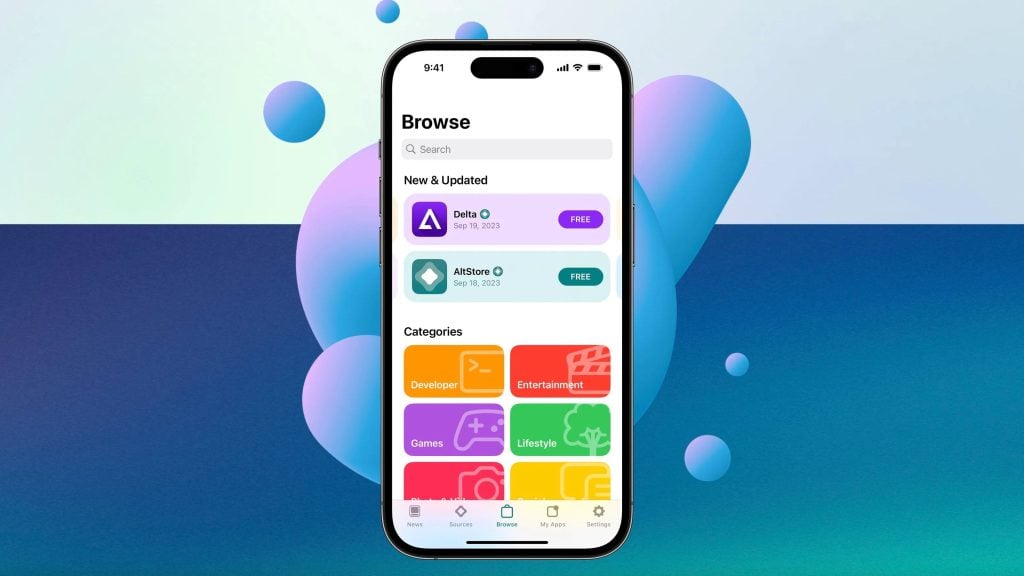
AltStore’s next act is less about beating Apple and more about building its own internet.
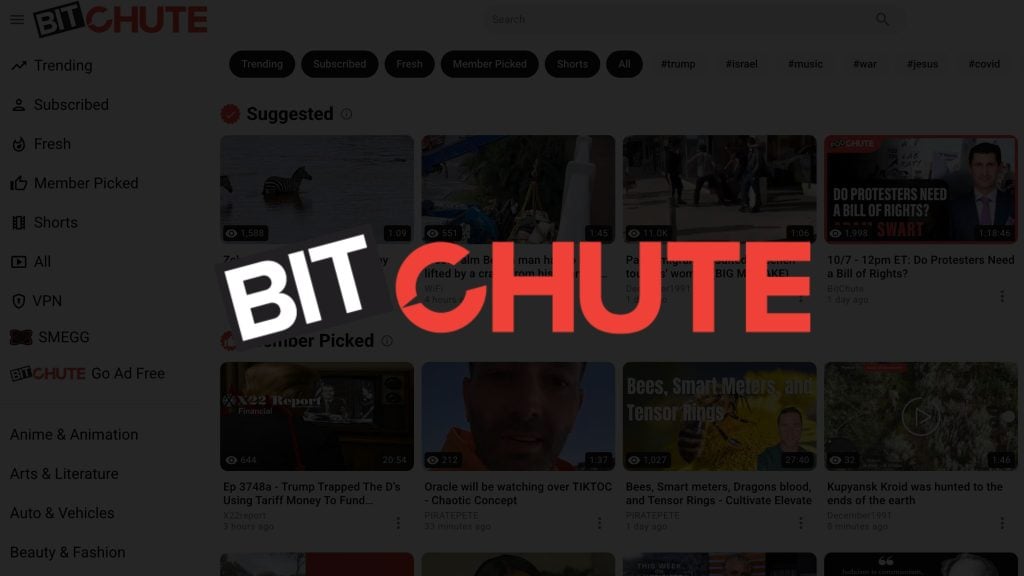
A bid for independence in an online economy increasingly shaped by platform gatekeepers.

In a defiant interview, Durov warns that Europe’s push for surveillance risks normalizing the very authoritarianism it claims to fight.

The launch puts a swipeable, short-form feed on every major platform just as TikTok’s year of turbulence has left creators actively looking for somewhere else to go.

The man who outlasted a French arrest now faces a Russian prison threat from the country he left behind two decades ago.

Durov’s defiance comes as Moscow tries the same playbook that failed in Iran, only this time with a homegrown WeChat waiting in the wings.

A law meant to block untraceable weapons might instead erase the right to tinker with your own tools.

Cut off from the digital world on the eve of the vote, Ugandans are improvising new ways to stay visible in a nation intent on going dark.

By linking crypto freedom with creator earnings, Rumble turns monetization into an act of digital self-sovereignty.

In Uganda, Bluetooth signals are becoming the modern whisper; proof that speech always finds another path.

PublicSquare’s leap into political tech turns its anti-censorship ethos into a bid for control over the campaign economy.

Proton Sheets keeps collaboration features while locking down sensitive data.

A cloud-born office suite finds new life on the desktop, blending open-source simplicity with the comfort of working offline.

The exit marks a rebuke of Europe’s tightening grip on freedom tech.

Durov’s freedom to move contrasts with the lingering case that keeps Europe’s battle over digital free speech alive.

Google’s nod to openness feels more like a gated entrance than a genuine return to Android’s freewheeling past.

Rumble’s Northern Data deal turns its free-speech mission into a full-stack tech play, fusing freedom-based ideology with infrastructure.

The bill treats privacy like a loophole, not a right, reshaping the internet into a government ID checkpoint.

What Canberra framed as compliance, Telegram saw as a summons to a fight over digital borders.

F-Droid warns that Google’s new verification rules could turn Android’s open ecosystem into a gated one controlled by corporate approval.

Google’s automated gatekeepers just reminded everyone how fragile digital independence can be when one company guards the web’s front door.

A privacy-first Android is finally stepping outside Google’s hardware shadow.

A birthday lament turns manifesto as Durov warns of a vanishing digital frontier.

Google shrugs off anonymity concerns with a smirk and a shrug, offering little more than vague reassurances.

AltStore’s next act is less about beating Apple and more about building its own internet.

A bid for independence in an online economy increasingly shaped by platform gatekeepers.

In a defiant interview, Durov warns that Europe’s push for surveillance risks normalizing the very authoritarianism it claims to fight.